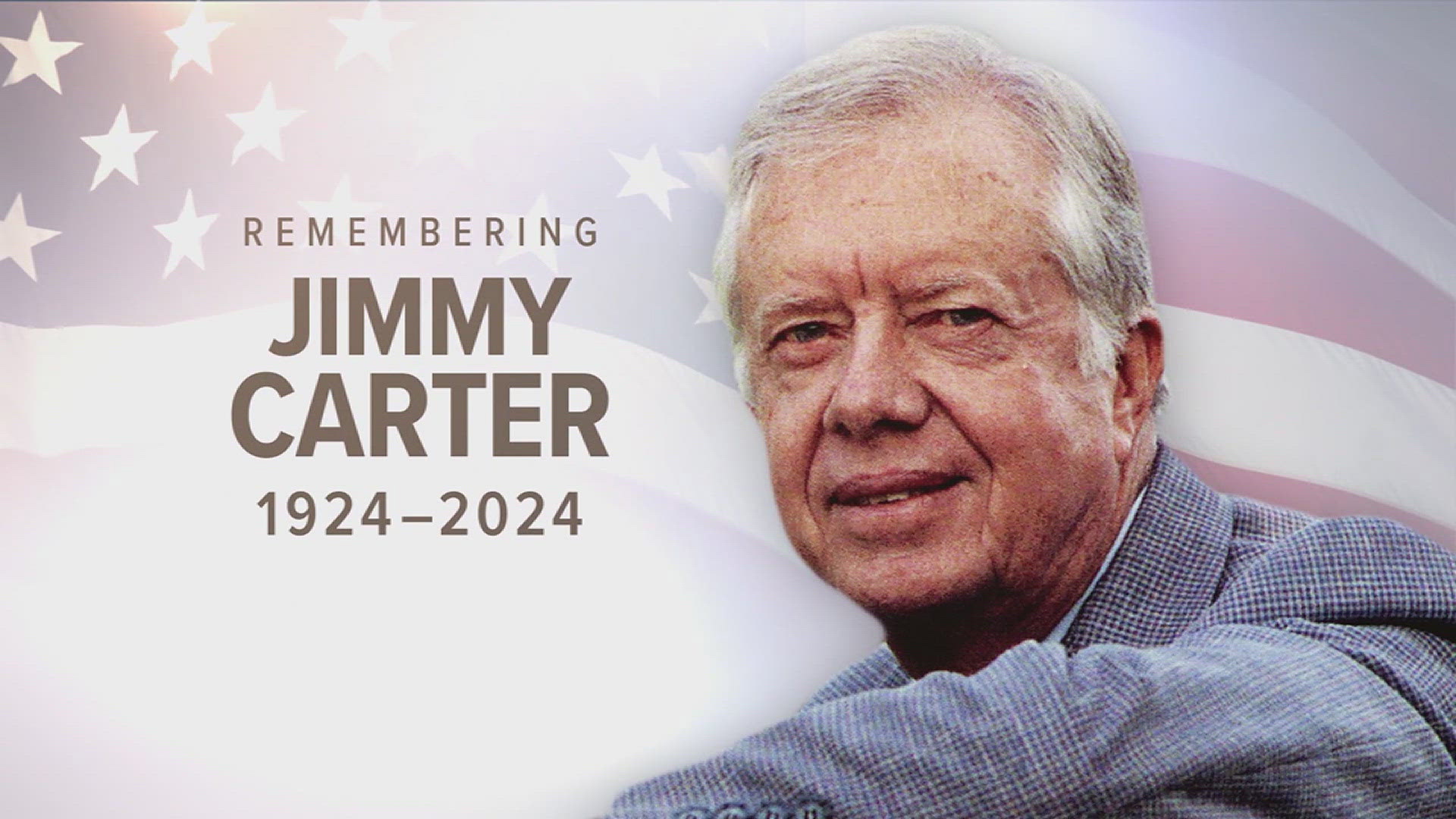(Akiit.com) Eighty-year-old Patrick Leahy (D-VT) was sworn in to preside over the second Senate impeachment trial by eighty-six-year-old Chuck Grassley (R-IA). That is the state of American politics today; an aging group of septuagenarians and octogenarians clinging to their last vestiges of power. The coming decade will see the inevitable changing of the guard, adding more fuel to the current partisan divide.
The politics of fear
Fear, whether real or imagined, has always been a powerful motivator and it has taken on an outsized role in national politics. Indeed, fear is masquerading as grievance: the fear of changing demographics, the fear of the loss of constitutional (gun) rights and the fear of loss of (white) privilege. Fear is the animating factor in right-wing politics and, to a lesser extent, left-wing politics as well (abortion).
The danger of this is that struggles about the future direction of the country are no longer really about policies, but about raw power. And the Republican Party, in particular, has shown its willingness to do anything to hang onto it. The insurrection on January 6th is not the end of this.

Think about the lengths they went to (unsuccessfully) in 2020: purged voter rolls, closed polling stations, reductions in ballot drop-boxes and shortened early voting periods. They even hobbled the post office in anticipation of an increased reliance on mail-in voting due to the pandemic. The Brennan Center for Justice now counts one hundred and six bills across twenty-eight states restricting voting rights leading up to the 2022 mid-term elections still two years away.
What’s real is the fact that in presidential elections, Republicans have only won the popular vote once since 1988: Bush in 2004. And the combination of demographic trends and a radicalized shrinking base do not auger well for any sizeable increase in their electorate for the foreseeable future.
The politics of greed
The Citizens United Supreme Court decision in 2010 said “money is speech,” – which also means those with the most money have the loudest voices – and money has always been the ‘mother’s milk’ of politics. But it now has surpassed everything else to get elected. Think about it, what is the first question that qualifies candidates for major elective office: “Can they raise the money?” Not their positions on issues or even relevant experience for the office they are seeking.
Deranged freshman congresswoman from Georgia, Marjorie Taylor Greene, filed impeachment papers against President Biden the day after he was sworn in, followed by an email blast to her supporters asking for money to pursue “the fight.” PACs, SuperPACs and 527s, relying on “dark money”, flood the airwaves with negative campaign ads without even mentioning who or what they are supporting.
It is estimated that over $14 billion was spent during the last election cycle; $6.6 billion in the presidential contest and over $7 billion on congressional races. Double what was spent 2016. Even races in second-tier media markets like Georgia and South Carolina attracted record-breaking fundraising totals. Top 2020 donors were Wall Street players, law firms and real estate magnates.
And what is all this money for? To ensure that the interests of the contributors are secured in the form of tax cuts, tax breaks, favorable regulatory rulings and elevation of “pet” causes. The Koch brothers, and their lobbying arms like ALEC, while not the only practitioners, perfected the art of using money to influence legislation advancing both their business and “social” agendas.
What comes next…
January 6, 2021 was a game-changer. It was the first time in American history that a sitting president tried to use force, rather than the will of the people, to remain in office. Because of men like General Mattis, the former Defense Secretary, and other ex-battlefield commanders, the Pentagon refused to get involved. But what about the next time? We just saw a successful coup led by the military in Myanmar.
We’ve got to get serious about democracy. And we have to begin by emphasizing our responsibilities as citizens as much as our rights. For instance, it is our responsibility to be involved in the democratic process and have informed opinions about the people we elect to lead us, and their policies. Not to believe something simply because we know or like the messenger. That’s “heuristics”, mental shortcuts, and it’s how conspiracy theories easily spread. No red team or blue team like a sporting event, but honest debate about what’s best for the country. This should be the basis for serious dialog.
COVID-19 has been a curse, but it has also been a blessing. Its revelations have forced our attention to needed changes as we move forward (not back) to a more equitable new normal in America.
Columnist; Harry Sewell









Leave a Reply